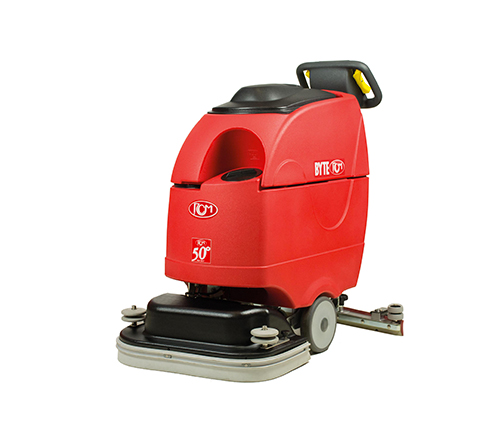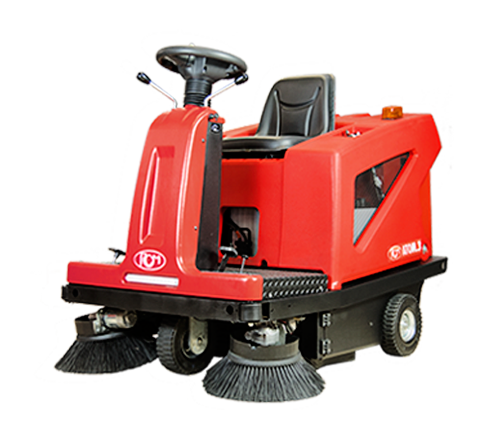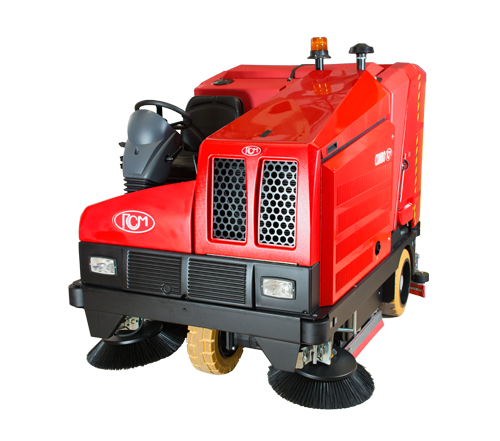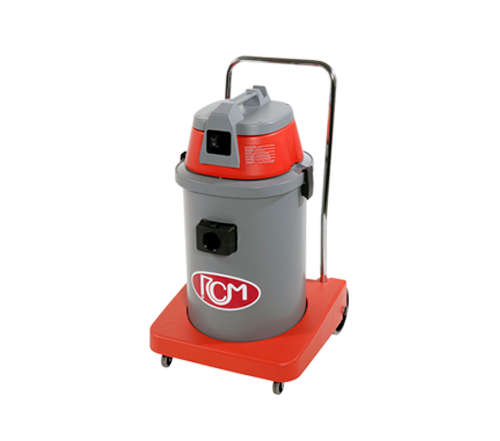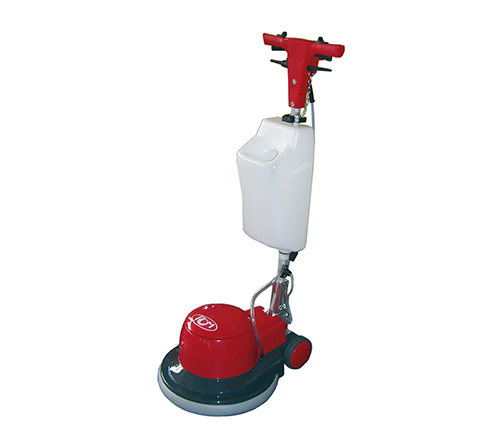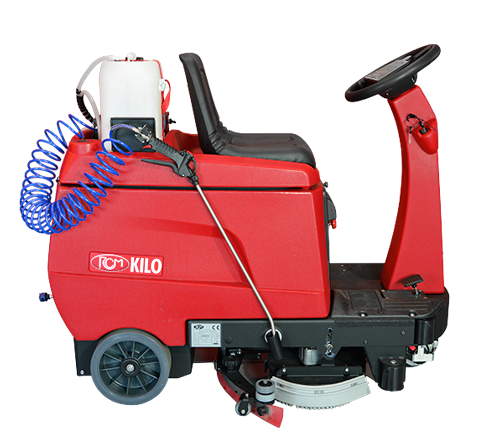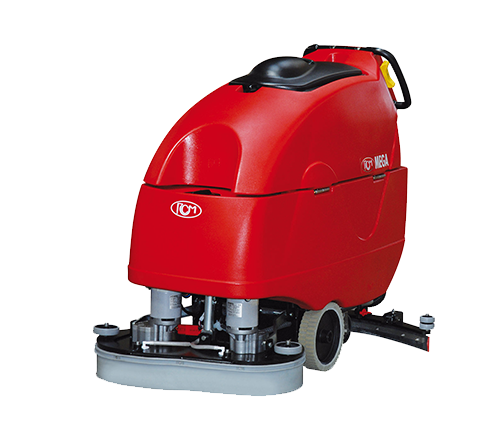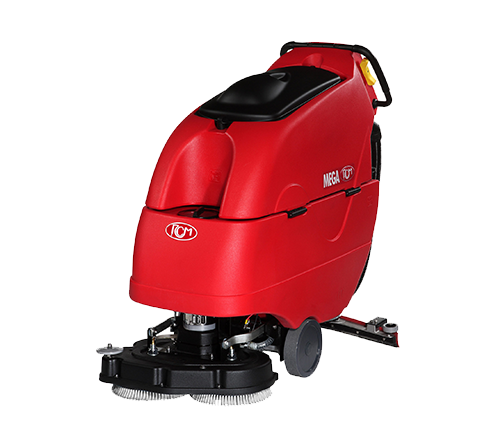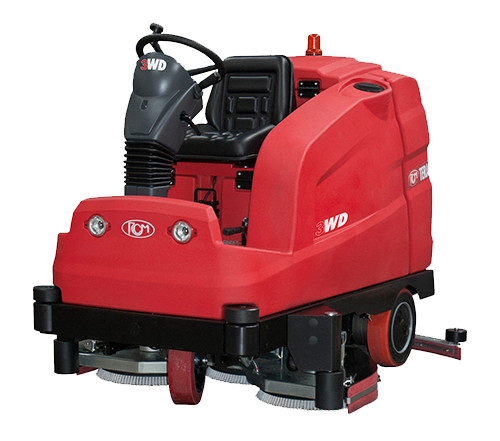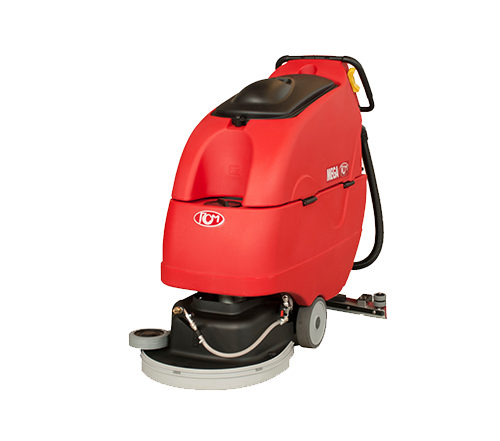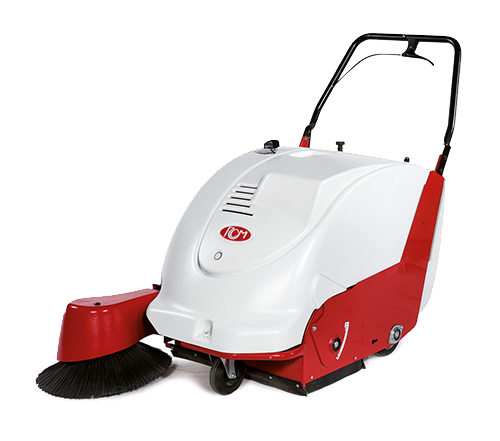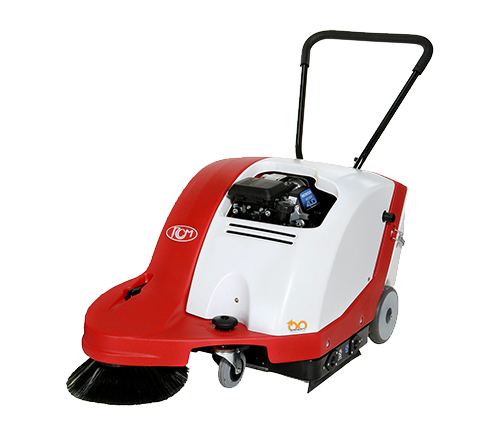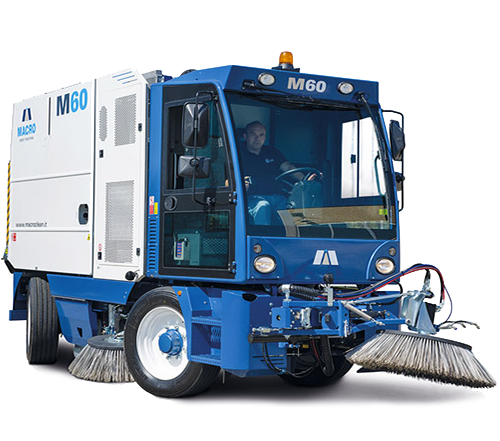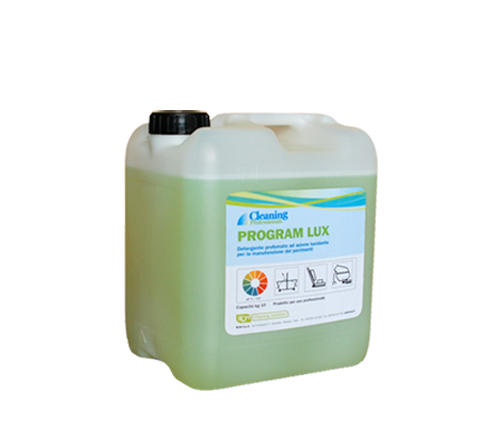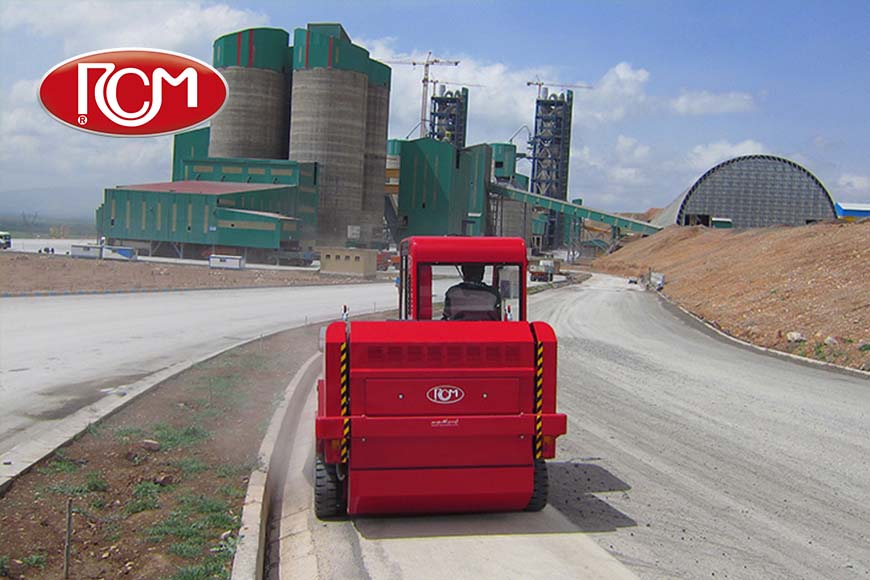What is a HEPA filter?
The term HEPA, which stands for High-Efficiency Particulate Air, refers to a type of air filter designed according to an international standard that guarantees a high capacity to retain microscopic particles.
These filters are extremely effective: they can retain between 99.97% and 99.99% of particles with a diameter of 0.3 microns or greater. In many cases, high-quality HEPA filters can even trap smaller particles, exceeding the required standard.
How does a HEPA filter work?
The operating principle of a HEPA filter is based on a complex network of fibers arranged in overlapping layers. These fibers, often made of glass or synthetic material, are randomly intertwined in order to create a dense, labyrinth-like structure through which air is forced to pass.
As the air passes through this weave, suspended particles—such as fine dust, pollen, spores, bacteria, and other impurities—are captured, preventing them from continuing their flow, while the purified air continues past the filter.
The HEPA filter guarantees high-quality air output, making it an indispensable tool in environments where air purity is essential, such as hospitals, laboratories, homes, and vehicles.



